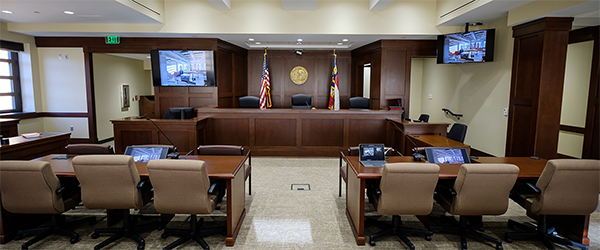Dispute resolution is an umbrella term for the many different processes used to resolve disputes between parties. It can include mediation, arbitration, civil litigation, and negotiation.
Mediation and arbitration are typically considered Alternative Dispute Resolution (ADR) techniques. ADR has become an increasingly used tool to resolve legal disputes more efficiently and less expensively. While knowledge of ADR is helpful for all lawyers involved with legal practice, ADR lawyers focus on these techniques in their practice.
Mediators help parties find any common ground that may exist in their legal dispute and facilitate negotiations to achieve a settlement. Mediators have no decision-making authority and must rely on listening skills and their powers of persuasion to bring parties together. These days, many mediators take additional certification courses involving mediation theory, conflict resolution, and a deep dive into ethical challenges that may occur.
Arbitrators, on the other hand, are like private judges vested with authority to decide a legal dispute pursuant to a previously agreed upon arbitration clause. At the arbitration, the parties put forth witnesses and evidence, and the arbitrator, after weighing the testimony and evidence, issues an award. Arbitrations most commonly occur in civil matters, including commercial disputes, labor disputes, and consumer disputes. Some types of restorative justice programs also employ arbitration proceedings, but lawyers are more likely to be involved in these processes later in their careers.
Students interested in dispute resolution may benefit from post-graduate clerkships, which are one or two-year positions working for judges. Clerkships provide useful experience for those interested in dispute resolution, as well as civil litigation, criminal litigation, and appellate advocacy. Many of the faculty listed below have clerked and can provide insight on these positions.
Courses
Courses designated as "primary" are foundational, while those listed as "secondary" contain relevant and related content. "Co-curricular" courses are credit-bearing extra-curricular activities, while "experiential" courses are practice-based offerings. Please keep in mind that the focus of any course will vary depending on the instructor.
Primary Courses
Secondary Courses
Experiential Courses
Faculty
The following faculty are knowledgeable about the topic and may be a useful resource for you.

Professor of Law
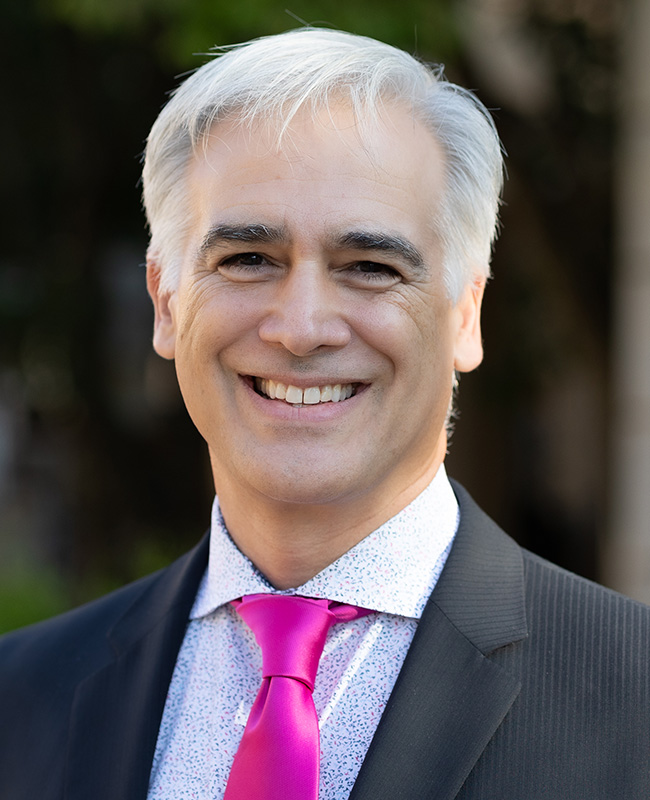
Judge Donald L. Smith Professor of Law
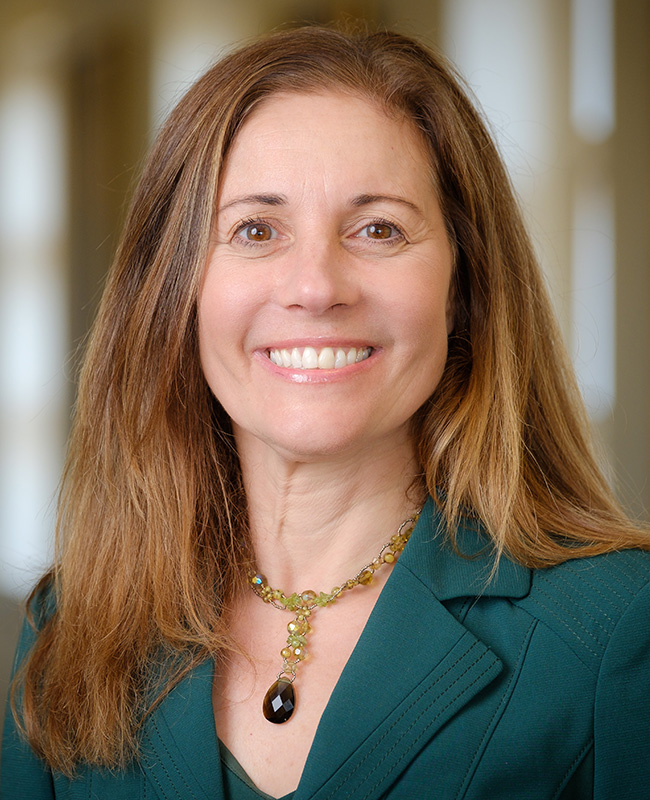
Professor of Law
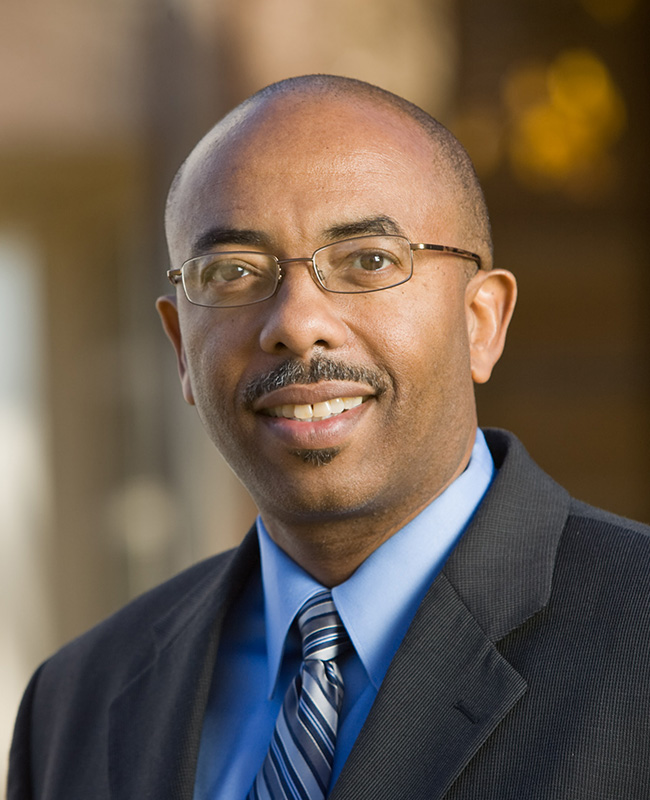
Bess and Walter Williams Professor of Law

Professor of Legal Writing
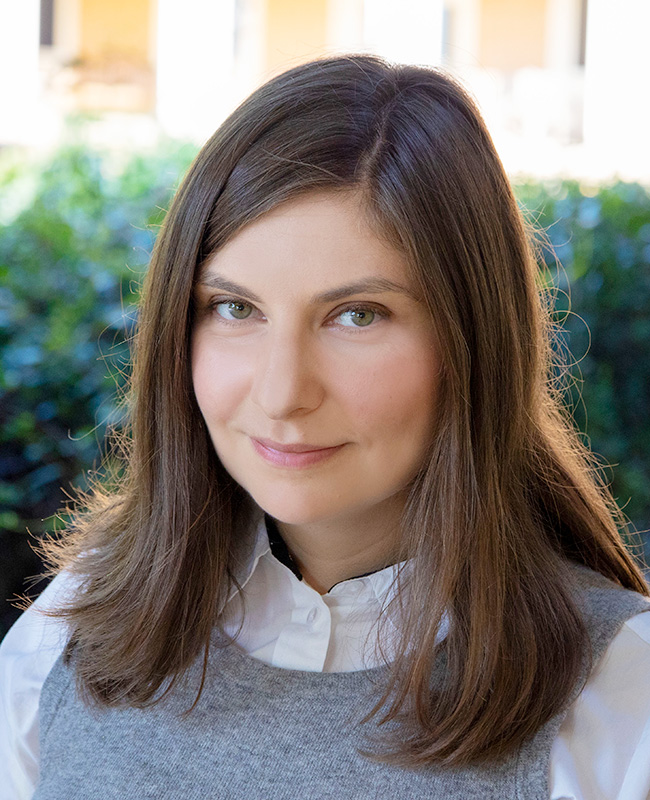
Professor of Law
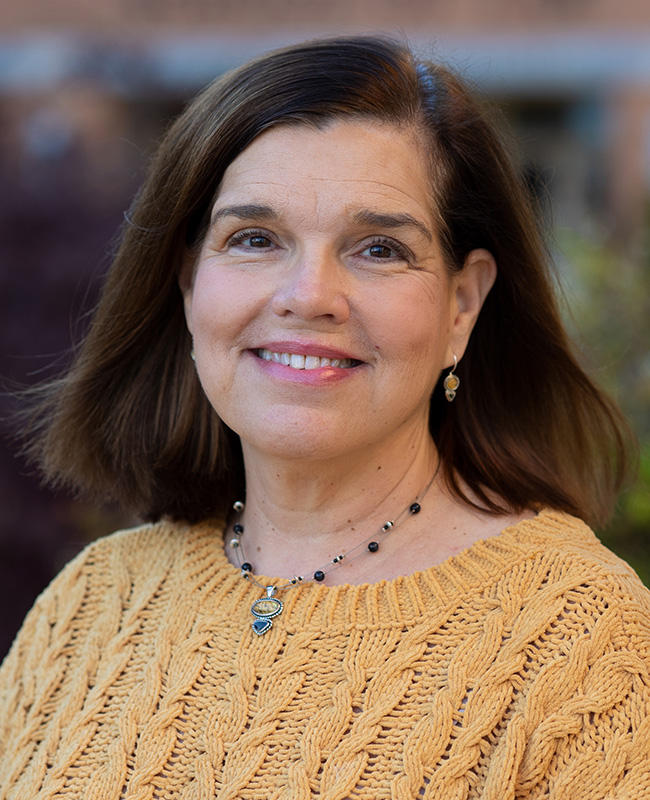
Professor of Legal Writing
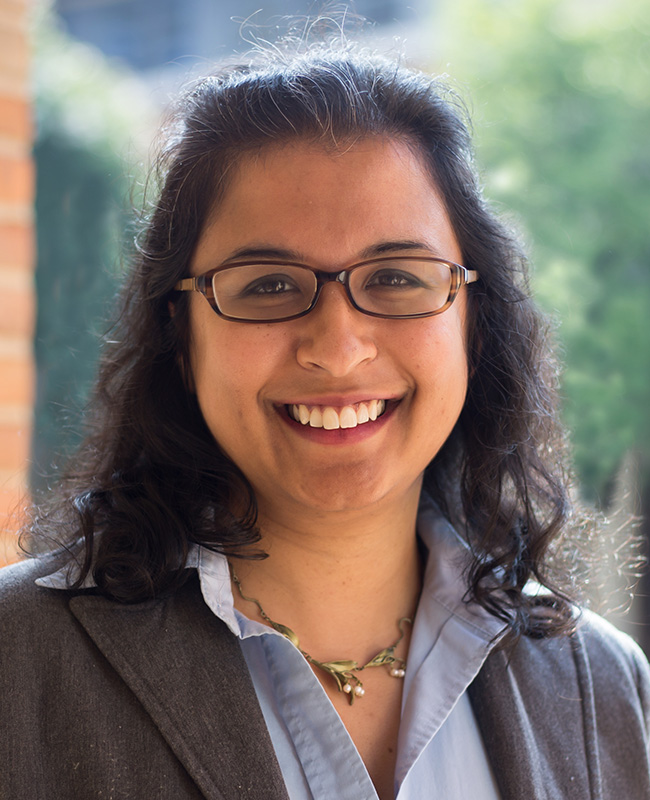
Professor of Practice

Associate Professor of Legal Writing
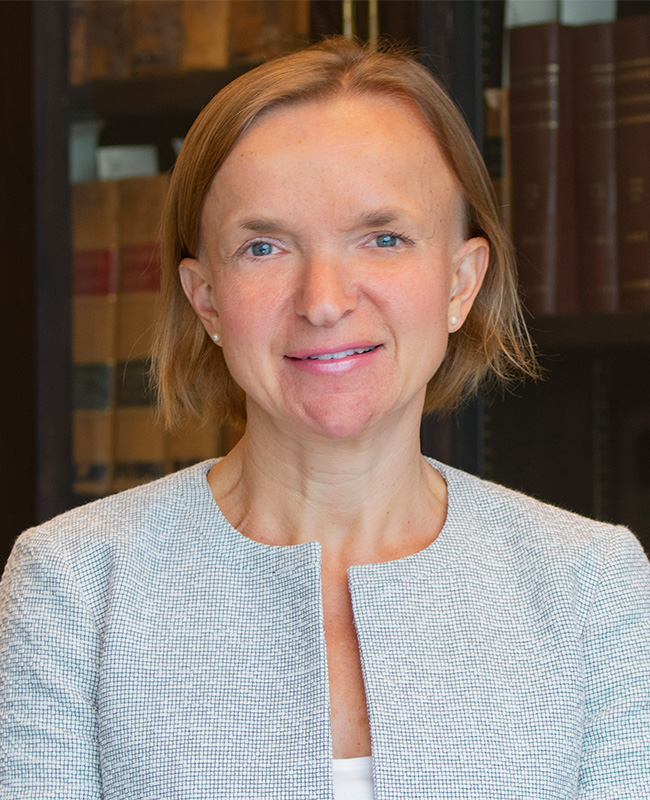
Professor of Law
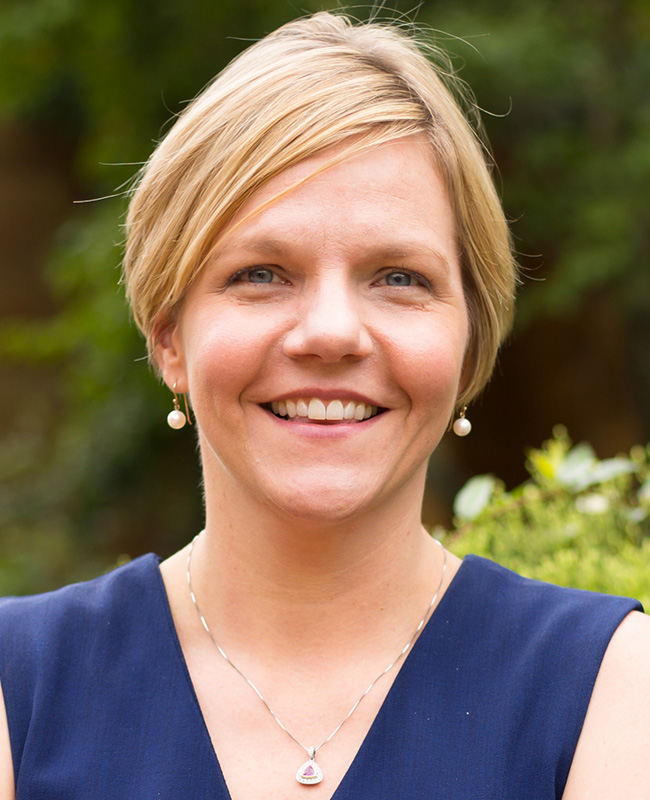
Professor of Practice
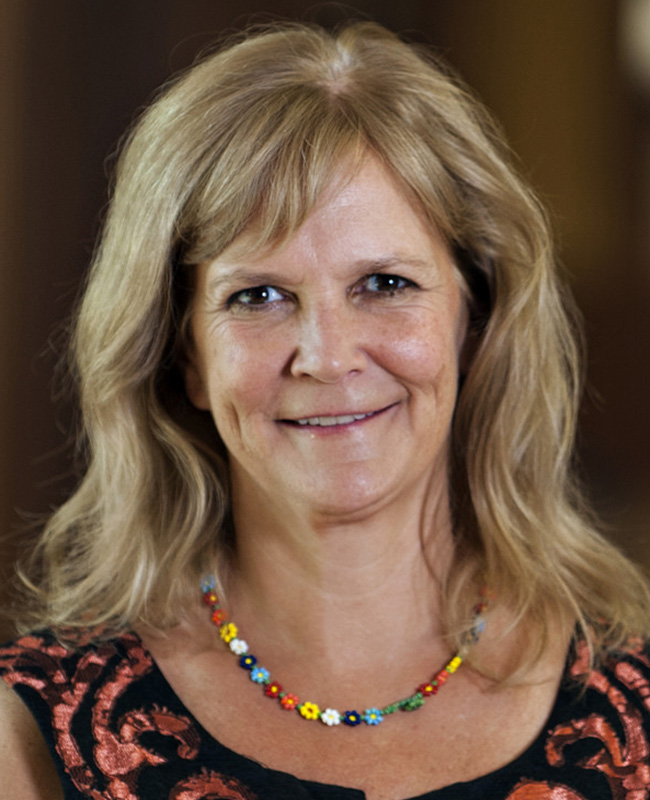
Research Professor of Law
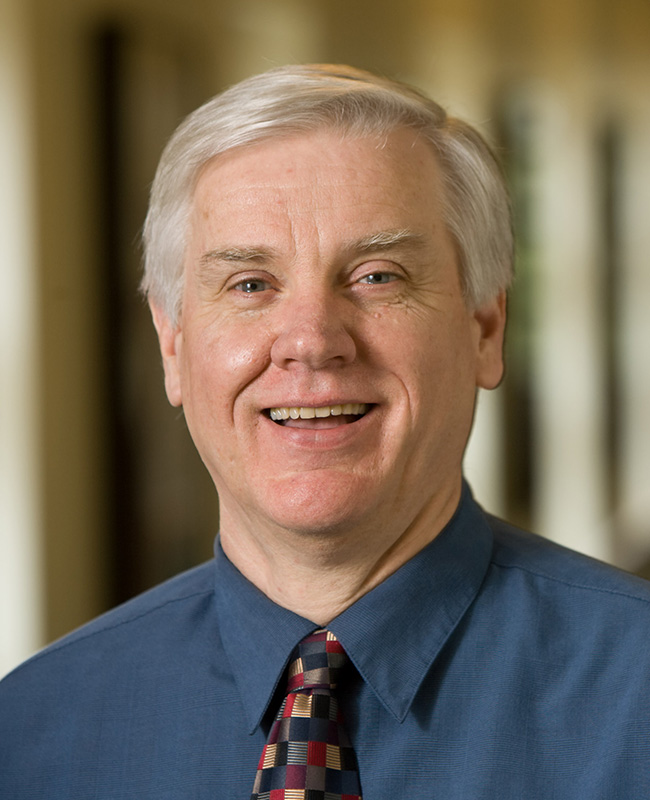
Professor of Law
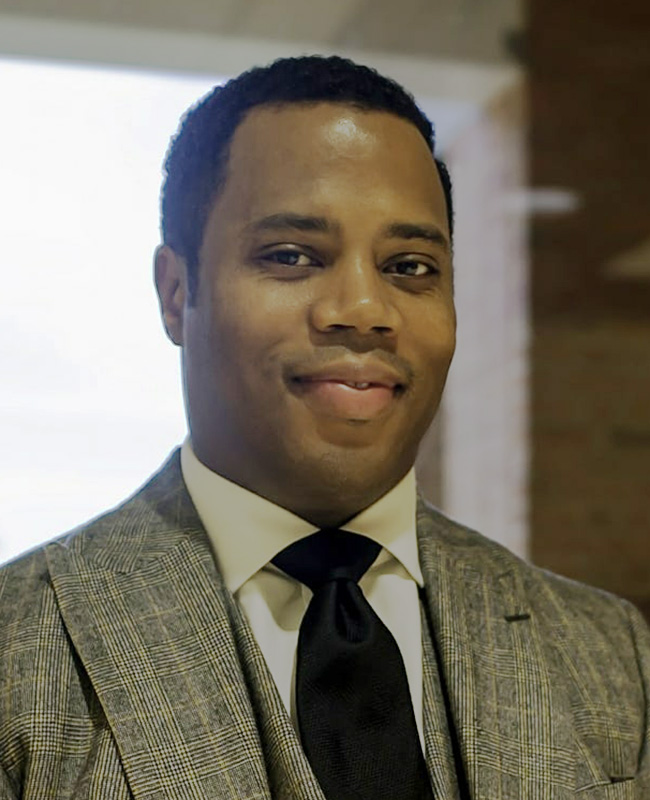
Professor of Law
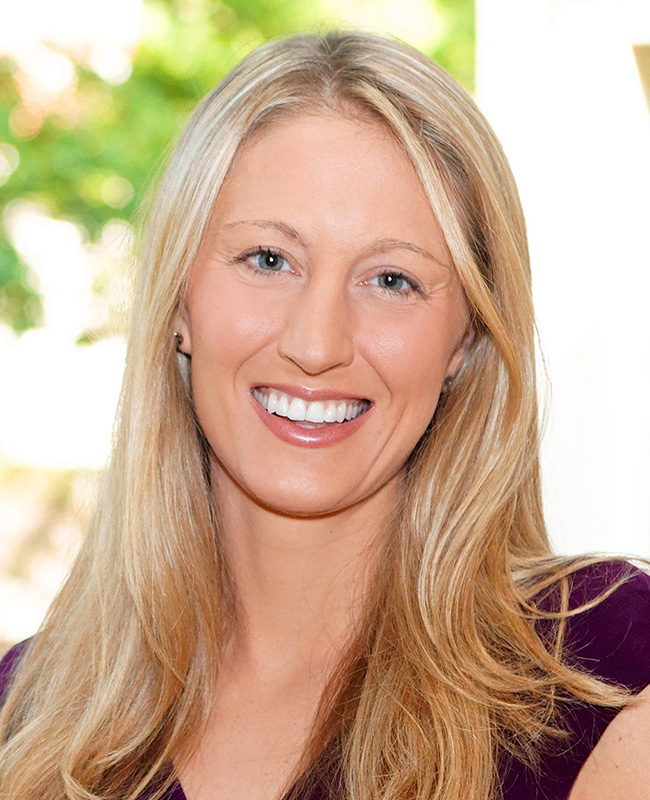
Professor of Law

Associate Professor of Law

Professor of Law
Related Pathways

Civil Litigation
